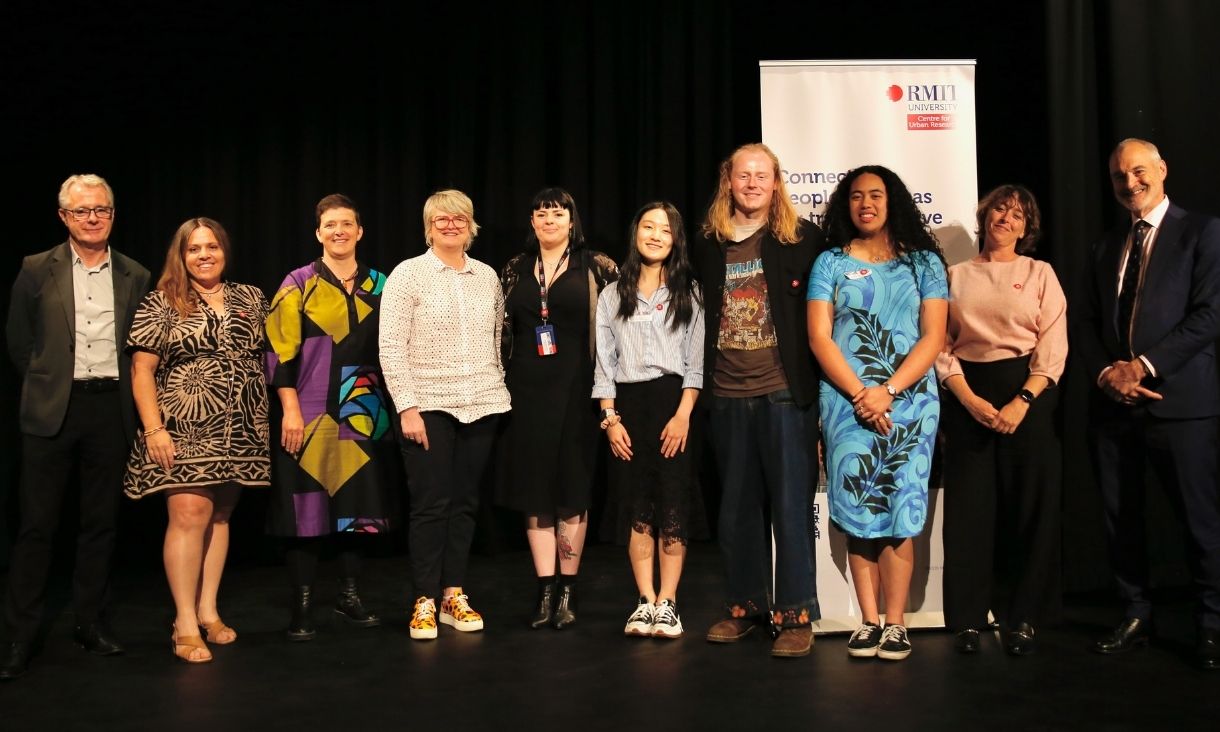The diverse group of panellists discussed how they are working within their communities to enact climate justice, their understanding of activism in the climate space, burnout and being at the forefront of climate change, how youth can be a strength in activism, and how universities can support young people to make the most impact in their own communities.
Centre Director Professor Libby Porter spoke about how the Centre is attuned to the challenge of climate justice.
“All of our research and engagement is critically attuned to the question and the challenge of climate justice and what it will take to reveal the underlying structural conditions that keep producing world systems that are so obviously unjust, inequitable, violent, extractive and profoundly damaging to the very Earth we call our home,” Porter said.
“The Centre is directly responding to the globally important need to shape cities that are environmentally, socially, and economically just.”
The Centre contributes interdisciplinary knowledge and capability for transformation on critical urban questions across three research themes:
- Geographies of Land, Home and Place, led by Ben Cooke, brings together expertise in understanding the places, homes and land systems on which we live, dwell, and belong.
- Regenerative Environments and Climate Action, led by Rebecca Olive, brings together multidisciplinary expertise in understanding the role of human-environmental relationships to transform urban landscapes into thriving ecosystems that support human and environmental health.
- Planning and Transport for Healthy Cities Planning, led by Sarah Foster, brings together expertise in understanding how cities are planned and designed to create a more just, sustainable, and healthy outcomes.
Speaking at the launch event, Vice-Chancellor Professor Alec Cameron said the Centre would make a difference through its unique approach.
“Through their collective leadership, the Centre for Urban Research will continue to make transformative contributions through research, education and partnership,” Cameron said.
“At RMIT we have a long-standing commitment to sustainability and climate justice, driven by impactful research and community collaboration. And we know that research platforms like this one are fundamental to consolidating the necessary focus and expertise to drive change.”






